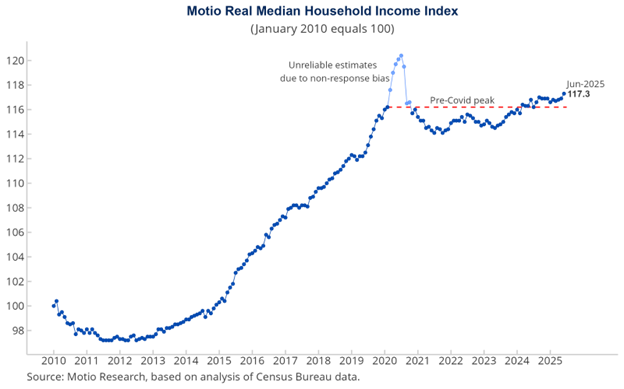
Counterfactuals are a necessary part of any scientific analysis: If X didn’t happen, then Y would have. But counterfactuals, by definition, can never be known. They never occurred, so we can never truly know if the counterfactual would have happened. For example, there was much debate in the Truman Administration and the US military during World War 2 over whether or not to drop atomic bomb(s) on Japan. Some argued that the bombings were necessary to end the war: conventional warfare would cost significantly more American and Japanese lives and continue to drag on the war. Others argued the Japanese were close to surrender and that the bombings were going to cost more innocent lives.[1] The debate continues to this day. But the American military did drop the bombs, with estimates upward of 200,000 lives lost. What we can never know for certain is what would have happened if the US military had never dropped those bombs.
Of course, just because a counterfactual can never be known does not mean that every counterfactual is reasonable. Counterfactuals have to be justified. A good theory and model help us justify our counterfactuals. If I were to say, “without dropping the atomic bomb, the Japanese military would have unleashed Godzilla upon our soldiers, devastating our military, and then invaded San Francisco,” I’d rightfully be laughed out of the room. That’s a goofy B-movie plot, but not a reasonable counterfactual for historical discussion. There’s simply no evidence that Godzilla was a tool of the Japanese military.
In international trade discussions these days, the focus is often on the counterfactuals…at least, after protectionists make empirical claims that are easily debunked by the data. A famous counterfactual revolves around the (oft-cited-never-read) China Shock paper. If not for China joining the WTO, protectionists claim, the US would be a thriving place, rather than the devastated hellhole it is now.
University of Central Arkansas economist Jeremy Horpedahl recently explored the metro areas hit heaviest by the China Shock (as identified in the original China Shock paper), and he found something surprising to everyone except economists:
[A]ll of the MSAs hit hard by the China Shock still managed to have significant and positive real wage growth across the distribution since 2001…Wage gains in several of these places, in fact, are better than the national trends.
And, except for the Hickory, North Carolina MSA[2], all MSAs have more jobs now than before the China Shock. Austin, Texas has doubled the number of jobs. The overall economic changes in these areas are rising real wages for all income levels, more jobs, and a growing economy. These changes suggest that trade has been good for the region: newer, higher-paying jobs have entered to compensate for the lower-paying jobs that were lost (as trade theory predicts). If trade were restricted, these better, higher-paying jobs would likely be lost.
But what of the individuals laid off? Do they lose their well-paying factory jobs and have to take low-paying service sector jobs? The evidence indicates “no.” In his 2025 book Crushing Capitalism, Cato Institute economist Norbert Michel provides evidence that displaced workers were not necessarily made worse off. Using data from the BLS, Michel found that about 43% of workers displaced between 2001 and 2003 earned as much or more than their previous job. Between 2015 and 2017, that figure was 51% (pg. 70 of the Kindle Edition). During the China Shock, displaced workers found it easier to find new jobs that paid the same or better. Looking even further back, in 1991–1992, only about 1/3rd of reemployed workers had pay at or higher than their previous job (ibid). Furthermore, over two-thirds of people displaced were finding jobs quickly (within a year), and again, those jobs were paying at or better than previous wages. Since NAFTA and WTO, it has become easier for displaced workers to find employment at or better than their previous jobs.
So, the relevant counterfactual to compare against increased trade is not that, the US with a thriving economy and protectionism in place. Instead, the data indicate that higher-paying jobs would be lost in favor of lower-paying, less productive jobs.
—
[1] There are other arguments, such as retribution for the heinous war crimes the Japanese committed during the war, but this post is about counterfactuals, not retribution, so I won’t be dealing with those arguments.
[2] Hickory could have fewer jobs because the town is becoming a retirement hotspot. Retired people don’t work.

